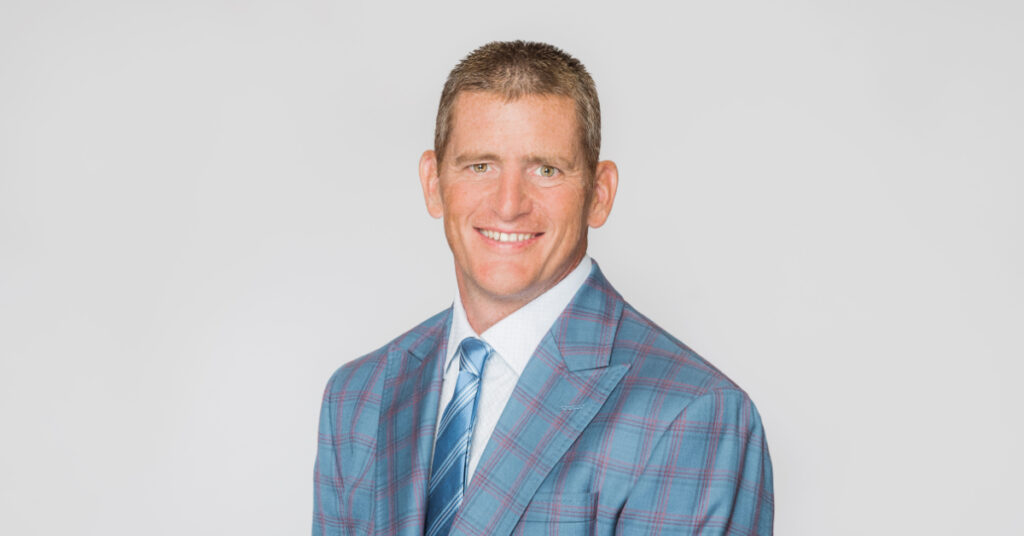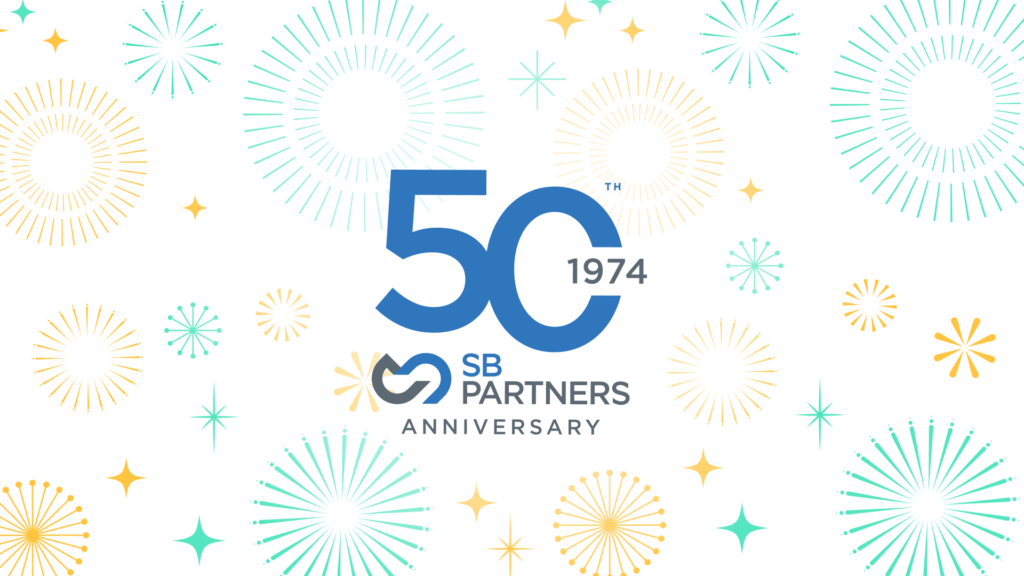We all journey through life suddenly finding ourselves faced with game-changing situations that are caused by forces beyond our control. It is how we handle these life-altering circumstances that makes or breaks us; or at the very least, determines our success or failure.
That was the basic message in our most recent Executive Know-How series presentation by Toronto-based 21st Avenue Partners — Andrew Dorrington and John Hierlihy. Andrew is a strategy consultant with over 20 years of international business experience, and John is a Personal Branding expert with over 12 years of experience in Career Management and Executive Search. Together, they complement each other’s strengths and their presentation is a compelling lesson of do’s and don’ts when faced with unexpected challenges in your personal and/or business lives.
Entitled “So, what is your game-changer?” the presentation aptly included samples of personal stories from both John and Andrew; they both had to make major changes to their game plans when they were least expecting it. For John Hierlihy, his life changed when he was a 16 year-old hockey player who had set his sights on the NHL. His appendix ruptured at the worst possible time, when scouts were on the lookout for top players. Instead of showing his mettle on the ice as he had planned, John got progressively weaker, lost 20 pounds and ultimately required surgery.
“I lost my focus, I didn’t react well and I was forced to change my focus,” John explained. “After hockey, I became generic, my approach was extremely generic and I didn’t have my own goals.” Being “generic” is an absolute no-no in the world of 21st Avenue Partners. They let their audience know how boring generic can be. John eventually stumbled into career consulting and found his niche, his brand. “Branding is what makes you different or relevant. We find people coming to us as we have a niche.”
Andrew Dorrington’s major game-changer came a bit later in life, when he was 29. He had decided by the age of 12 that he wanted to be a lawyer. By the time he reached age 29, he had achieved his goals and was a partner in a law firm in London, England. Unfortunately he was not enjoying his chosen profession.
“It was a horrible place to be, a game-changer,” he said. He was exactly where he thought he wanted to be, only to learn that he did not enjoy life as a lawyer. He would later find his niche as a strategy and business consultant.
Using his audience interactively, Andrew went on to demonstrate the importance of positive interaction and networking. The audience became distinctly more energized as they participated in his networking experiment. He urged participants to step out of their comfort zones and connect with other audience members. Andrew explained how important it is to be positive and engaging, otherwise people tend to tune out while you are talking. “Mostly when people are talking in a networking situation all you hear is ‘blah, blah, blah,’ because it’s boring and inauthentic,” he explained. For instance, when you are in a networking situation, how you describe what you do can make a huge difference to capturing an individual’s attention. For Andrew, a landscaper who suggested that she “heals the earth&rdrdquo; was far more remarkable than a more bricks and mortar description of her job. Authenticity is at the very top of the partners’ “do” list.
Reacting to game-changers
Everyone responds differently to sudden and unexpected changes in their lives. Some people might cope with a job loss in a cerebral, methodical way. Others may simply retreat to an empty room and scream. Whatever you do to cope with change or loss, says Andrew, you must go through a proper grieving process. If you don’t take the appropriate steps when faced with a game-changer, it is likely that you will react improperly. “You tend to do things that cause conflict and you start to make things worse. Nothing is helping and you are not in control; you’re in trouble.”
Accepting your unanticipated game-changing situation — being fired or losing a business — is when you can begin to change your life around. You become curious about how to correct your predicament. According to Andrew, it is most valuable to learn three things you do really well. “Figure out the parts of you that are really unique, an authentic brand. Everything else is just noise.” The same goes for maintaining important existing clients. Keep looking for unique and different strategies and create opportunities to keep your clients coming back.
Also, it is essential to build relationships that you can leverage, because a resume is just about credentials, and without support it doesn’t create opportunities. Reinventing yourself is something specific to each individual.
“You have to have an idea of where you want to go and you must put together a strategy,” said John Hierlihy. He said that you must understand your destination and that on your journey you will discover other things you can do. “A lot of people don’t pick a destination and they just go round in circles.”
As for the way people perceive you, studies have proven that making a first impression takes two to five seconds and making a lasting impression takes two to five minutes. “Everything else is evidence to prove we were right the first time,” Andrew commented. “So, the more authentic you are upfront, the better.”



